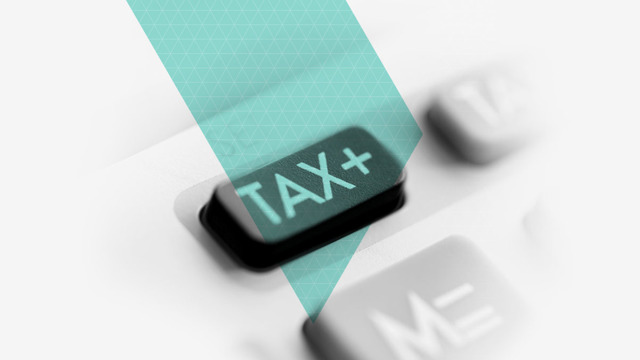A new tax Bill introduced in late August proposes to ease tax burdens for employees of unlisted companies who acquire shares through a workplace share plan.
The Taxation (Annual Rates for 2025-26, Compliance Simplification, and Remedial Measures) Bill (the "Bill") would allow certain employee share plan participants to defer taxation until a qualifying "liquidity event". The deferral would mean employers must also defer any deductions they may claim in relation to the plan.
The proposed rules aren't yet perfect, but they should result in more optionality to employers when it comes to the taxation of employee share plans.
Deferral to make the rules more flexible
Under current rules, participants in employee share plans generally incur tax on their share plan benefits when they become "economic owners" of the shares granted under their plan. While employers have the option to pay the tax to Inland Revenue on an employee's behalf, many plans require employees to account for the tax directly to Inland Revenue.
These rules can be onerous. Some employee share plans can result in significant taxable income to employees (generally calculated as the difference between (i) the value of the shares received and (ii) the amount paid for the shares). But not all employees have spare cash available to pay that tax liability, and there isn't always an easy way to raise cash by selling shares in a private company.
The Bill would allow employees of certain companies to defer the tax liability until they have cash to pay that tax – which may be when they sell their shares, receive a dividend, or when the company lists on a stock exchange.
More than just start-ups
The proposals in the Bill are broader than expected. During consultation earlier this year, Inland Revenue proposed that only "start-up companies" should benefit from the share plan tax relief. A start-up company was defined in narrow terms.
But the Bill is broader – a welcome development for employees participating in share plans throughout New Zealand. It proposes that employees can benefit from the rules provided their plan only grants shares in a private company or group (ie not a listed company, or a member of a group containing a listed company). The employer must also choose for the rules to apply by notifying Inland Revenue and the employee at the time of each issue or transfer.
Shares now, tax later (but maybe sooner than you think)
If the rules do apply, the taxing date for the share plan is deferred to the date of a "liquidity event". Liquidity events are proposed to arise at the earliest of:
- if a dividend is declared, the day before the ex-dividend date the shares would carry if traded (ie the day before the shares, if traded, would no longer trade with a right to the declared dividend);
- the day before the company issuing the shares is listed;
- the date the employee sells or transfers the shares outside of their control (not counting transfers to associates); and
- the date the shares are cancelled, including because the company no longer exists.
Employees will need to be wary that not all these transactions may result in "liquidity" to the employee.
We intend to make submissions to the Finance and Expenditure Committee recommending that "liquidity events" be better tailored to the circumstances in which employees receive sufficient cash to meet their tax obligations. That would include only counting sufficiently large dividends paid on the shares, and excluding capital-raising transactions that might validly change an employee's share ownership without providing the employee with cash.
Beware the deferred deduction
By deferring the date on which the shares are taxed to the employee, the rules would also defer an employer's deduction under the share plan.
Generally, employers are entitled to a deduction that corresponds to the date the taxable benefit is treated as received by employees under the plan. Employers electing into the regime would have to wait until the "liquidity event" before claiming that deduction, so some employers may choose to apply the existing rules to obtain the deduction earlier. Some employees may also favour having the taxing event as soon as possible, so that future upside is treated as capital gain.
In practice, some plans do not vest shares until a public listing or trade sale. The new regime is unlikely to make much difference in such cases, because the taxing date would align with a "liquidity event" (as determined under the relevant plan rules).
Next steps
The Bill was introduced to the House on 26 August 2025 and is expected to be referred to the Finance and Expenditure Committee following its first reading. You can read a copy of the Bill here.
The Bill also proposes a range of other changes to income tax and GST. Look out for more updates from us, and for more information about what these developments might mean for you, please get in touch with one of our experts below.



